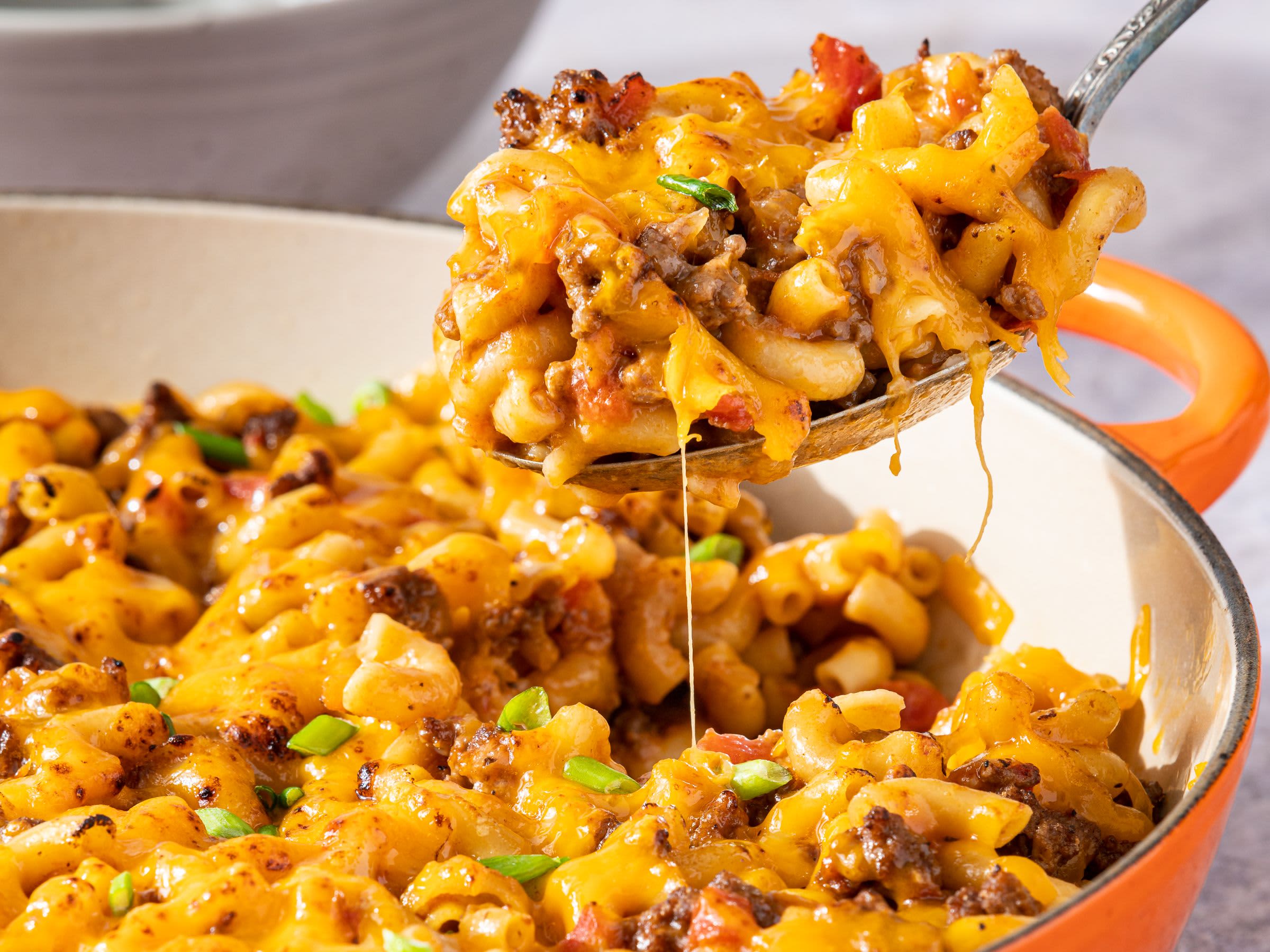The Summertime Extravagant Food items Display in New York Town returned in June for its 1st in-particular person party due to the fact 2019, a return that spotlighted the variations in preferences and behaviors developed by the pandemic. The foodstuff and beverage field trade exhibit, arranged by the Specialty Food stuff Association, showcased far more than 1,900 exhibitors across a spectrum of foodstuff categories–from remedied meats and cheeses to olive oil and sweets and unique goods such as gourmet bananas Foster bonbons … and sections committed to cuisines of nations like Greece and Japan.
With continued pandemic perturbations and murmurs of a recession forward, below are some of the trends that emerged:
1. Benefit nonetheless conquers all
Customers prioritized both comfort and consolation in the course of the pandemic, and that sentiment proceeds to develop. Hybrid and distant work has manufactured e-commerce, supply, and curated assortments an even even larger section of the benefit pattern, in accordance to the SFA’s most latest Point out of the Specialty Food items Market investigate. David Lockwood, the co-principal writer and researcher of the SFA report, adds: “Takeout and delivery was generally a practical thing, but it became a more substantial factor during the pandemic, and some of it has nonetheless stuck.” A single example Lockwood details out is how some dining establishments purely supply takeout, instead than have dine-in expert services.
2. Utilizing meals to enhance wellness
The pandemic magnified client consciousness on wellbeing, reminding numerous of the adage: “You are what you eat.” It can be also pushed individuals to decide on up much healthier alternatives than they used to, states Summer time Johnson, the founder of Zach & Zoe Sweet Bee Farm. Johnson and her husband make honey infused with various superfoods, these kinds of as beetroot and gingerroot.
It truly is also a craze that business owners count on will linger as extra customers develop into at any time more well being conscious, in aspect thanks to the pandemic. Bryon White, who co-launched Ilex Organics with his brother Kyle, suggests that the concept of foods as medication is making consensus. The firm homes the Yaupon Brothers American Tea Co. brand, tea designed from yaupon leaves from the yaupon holly tree. Such tea was traditionally applied by Indigenous Us residents for a wide vary of health and fitness benefits.
“I believe that people today want to know these times extra than at any time about what they’re placing in their bodies, where by it comes from and is it superior for them?” Bryon clarifies. “I will not feel that is heading absent at any time quickly.”
3. Launching new makes is even a lot more of an uphill battle
Business people in the specialty-brand area are getting a lot more creative to get retail distribution by leveraging new distribution channels and social media. Daily Crunch Snacks, which sells additional-crunchy dehydrated nuts, introduced in early 2020 and confronted complications breaking on to shelves, according to Laurel Orley, the brand’s co-founder.
Orley states that just after speaking with some contacts at common retailers, the concept was obvious: They were not having on new models at a time when people ended up clamoring for necessities this kind of as water and bathroom paper. But Orley says that “it truly is not just about brick-and-mortar suppliers,” detailing that there are other strategies business people like herself have viewed as. They launched on Amazon as an alternative, and ongoing to believe about new approaches to get specifically in front of individuals, these types of as placing their products in a membership box. Orley remembers that she also achieved out to as a lot of people today as she could at digital trade exhibits, which sooner or later led to a breakthrough: Daily Crunch Snacks got into CVS, and Orley suggests the snack is now in 3,000 shops.
4. Breakouts for BIPOC- and girls-owned manufacturers
Buyers are getting extra politically acutely aware of the enterprises that they frequent, leading them to seek out businesses owned by Black or Indigenous people, other individuals of coloration, and women. “Our base of folks switched after George Floyd’s death from what I might say were being people who were wellness aware to people today who have been on the lookout for BIPOC corporations to make investments in and to just be a component of,” says Zach & Zoe’s Johnson, who is a Black girl.
Retail purchasers and other operators are seeking out distributors, wholesalers, and other get-togethers that are doing work to elevate these manufacturers as nicely. Though gals and BIPOC-led corporations confront larger challenges when compared with their counterparts, a lot more sources are getting to be offered to enable enhance their visibility.
5. Assure for plant-based protein
Even though the plant-centered specialty retail current market outpaced growth in the overall specialty food stuff industry in 2020, that expansion slowed drastically past year. In what is becoming dubbed “New Protein 1.,” merchandise like Beyond Meat or Difficult Meals captivated heaps of customers, but fell short in wooing the masses.
Cue New Protein 2., as the category evolves to develop a tastier, more healthy, and much more economical protein different. New Protein 2. will loop in fermented plant-centered and cell-cultured meat in an energy to construct out greater options that problem conventional meat sources, in accordance to Lockwood. “There are a range of perhaps match-switching new launches coming out around the conclusion of 2022, but this element of the revolution will choose time,” Lockwood says. The production amenities do not exist nevertheless and will value upward of $400 million to create out. Lockwood details out a handful of companies to look at, such as Nature’s Fynd, which is developing microbe-based mostly proteins, Meati, whose products and solutions are developed from mushroom root, and Yali Bio, which is working with oleaginous fungi to mimic animal body fat.






